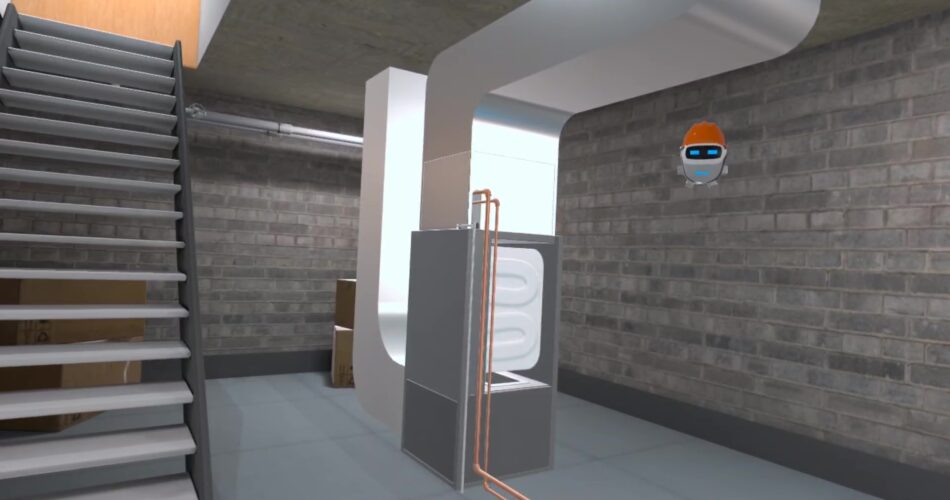The HVAC industry is evolving — and so is the way technicians are trained. As technology advances, Virtual Reality (VR) is quickly becoming a powerful tool for education and certification. But is VR really the future of HVAC certification? If you’re planning to earn your credential in 2025 and beyond, the answer is a clear yes.
Here’s everything you need to know about why platforms like ImmerseLearn’s Certified HVAC Associate Program are leading the charge into the next generation of HVAC training.
What Is Virtual Reality HVAC Training?
Virtual Reality HVAC training uses immersive, 3D environments to simulate real-world HVAC scenarios. Instead of just reading about installations or watching videos, students actually “step into” a virtual workspace where they can:
- Install HVAC systems
- Troubleshoot problems
- Handle refrigerants
- Practice safety procedures
This hands-on experience builds technical skills faster and more effectively — all without the need for physical labs or equipment.
Why VR is the Future of HVAC Certification
1. Safe, Risk-Free Learning
With VR, mistakes don’t cost thousands of dollars or cause safety risks. Trainees can practice high-risk procedures — like handling refrigerants or wiring complex systems — in a completely safe environment, learning from errors without real-world consequences.
2. Faster Skill Mastery
Studies show that VR learners can master technical skills four times faster than traditional classroom learners. By immersing yourself in real-life simulations, you build muscle memory and critical thinking skills that traditional textbooks and lectures just can’t match.
3. More Accessible Training
Not everyone lives near a major HVAC school. Virtual Reality brings professional-grade training to your living room. Through ImmerseLearn’s Certified HVAC Associate program, you receive a free VR headset and access to comprehensive modules — no travel required.
4. Lower Training Costs
Setting up physical labs and field exercises is expensive. VR reduces overhead costs, making HVAC certification more affordable for students. ImmerseLearn offers transparent pricing with no hidden fees, allowing students across the USA to access top-tier education at a fraction of traditional costs.
5. Industry Recognition
VR-based programs are gaining widespread acceptance among employers. Companies increasingly recognize that VR-trained technicians have strong practical skills, critical thinking abilities, and modern technology fluency — all essential traits for today’s fast-paced HVAC industry.
How ImmerseLearn Leads the Way in VR HVAC Certification
ImmerseLearn isn’t just following trends — it’s setting them. Their Certified HVAC Associate program blends interactive VR training with comprehensive curriculum aligned to national certification standards. You’ll:
- Gain hands-on experience from day one
- Study at your own pace, 100% online
- Prepare for NATE and other industry certifications
- Graduate ready to launch a high-paying HVAC career
Best of all, ImmerseLearn’s innovative approach lets you earn your HVAC certification faster and more affordably than traditional programs.
Get Ahead with VR HVAC Certification
Virtual Reality isn’t just the future — it’s happening right now.
If you’re serious about launching a successful career in HVAC, ImmerseLearn offers the best path to getting certified with cutting-edge, immersive training.

